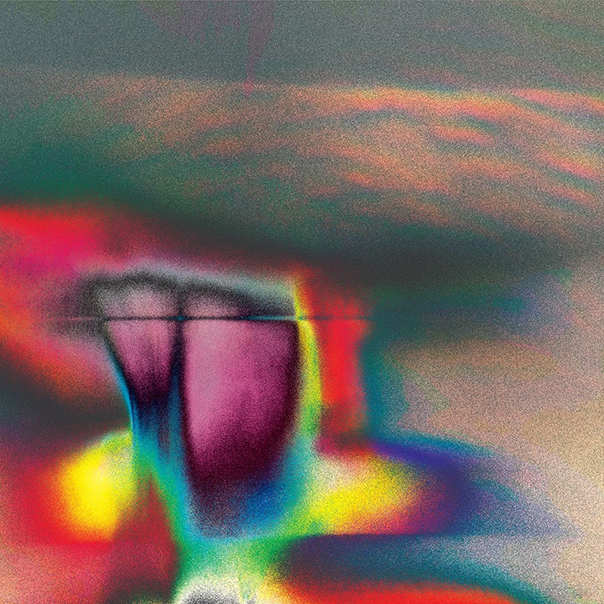REVIEW: Osees’ John Dwyer and co. gain function on ‘Moon Drenched’

One of the craziest things epidemiologists do is called “gain of function” research. This is where scientists take deadly communicable diseases and poke them with enzymes (or something) to make these microscopic killers even more powerful. Then these hopefully not-mad scientists can learn more about the virus and maybe even develop some new cures. Similarly, Osees frontman John Dwyer, one of the most relentlessly prolific artists in music over the last decade, has been transformed by the recent pandemic into an even more potent form, and the resulting handful of albums released in the last 18 months offer fans a closer look at his musical DNA.
Moon Drenched
Dwyer, Sawyer, Kerlin, Dolas, Caulkins, Malone, Rodriguez, Boye, Soubiran, Myers-Ionita, Renteria
Castle Face, May 28
8/10
Moon Drenched is the latest collection of improvisational music created by Dwyer along with TV on the Radio’s Kyp Malone, Osees synth player Tom Dolas and a gaggle of other musicians mostly known in the improvisational world of free jazz. The roster is largely unchanged from the last time they recorded together as Bent Arcana, which released its debut in August of last year.
Moon Drenched benefits immensely from the addition of phenomenally talented keyboardist Ben Boye, who plays in Ty Segall’s Freedom Band. Moon Drenched wears its musical DNA on its sleeve: a compelling amalgam of Miles Davis’ electrified funk of the 1970s, the noodly psychedelia of Krautrock legends CAN, the discordant skronk of free jazz and the laser beam beepings of science fiction.
Given the world we find ourselves living in, perhaps Esquivel’s classic album Space-Age Bachelor Pad Music was too optimistic. Moon Drenched is bachelor-pad music for our current dystopia.
Moon Drenched is really a collection of jams, rather than an album of songs. The selected excerpts from longer improvisational journeys run the gamut from funky throbs to gauzy sheets of delicate sound. The album’s six-minute opening track, “Psychic Liberation,” sets the mood perfectly with its fuzzed-out guitar over the post-bong hit groove. The horn playing of Brad Caulkins and Joce Soubrian grows increasingly discordant and incessant as video game synth effects are warped and broken in the musical crucible.
“X-Cannibal’s Kiss” is shorter and more atmospheric. Seasick bass notes detune the musical horizon as all manner of sonic strangeness floats on the music’s stormy surface before washes of synth sound crystallize at the conclusion like a badly warped Pink Floyd album. “Get Thee To The Rookery,” perhaps the best “Hamlet”/birder/”Gargoyles” mashup ever devised, is likewise sedate and ambient. Forest sounds hiccup with flute and animal noises before the horn section fades in to float on top.
The epic, nearly 13-minute “The War Clock” percolates with Ryan Sawyer’s intricate drum pattern. Ben Boye seems to be providing the more conventional electric piano sounds on the album, while Dolas is charged with emitting the more science-fictional bleeps and bloops. Eventually Caulkins’ and Soubiran’s horns augment the song’s honky throb.
John Dwyer’s evolution from a mic-in-the-mouth screamer to grizzled sonic alchemist did not happen overnight, but the pandemic certainly seems to have accelerated the process. His output in the last 18 months includes not only a full-length Osees album (Protean Threat), a remix album (Panther Rotate), a collection of outtakes, and other easter eggs related to his main project, but also Bent Arcana’s debut last year, and the even further out improvisations collected on Endless Garbage. Now, most listeners couldn’t tell you which of Dwyer’s recent esoteric albums they’re currently spinning on their record player, as they all tend to blur into a single nebulous cluster, but that doesn’t diminish the joy of listening to all of the amazing science Dwyer and company are doing.
Follow writer David Gill at Twitter.com/songotaku and Instagram/songotaku.
